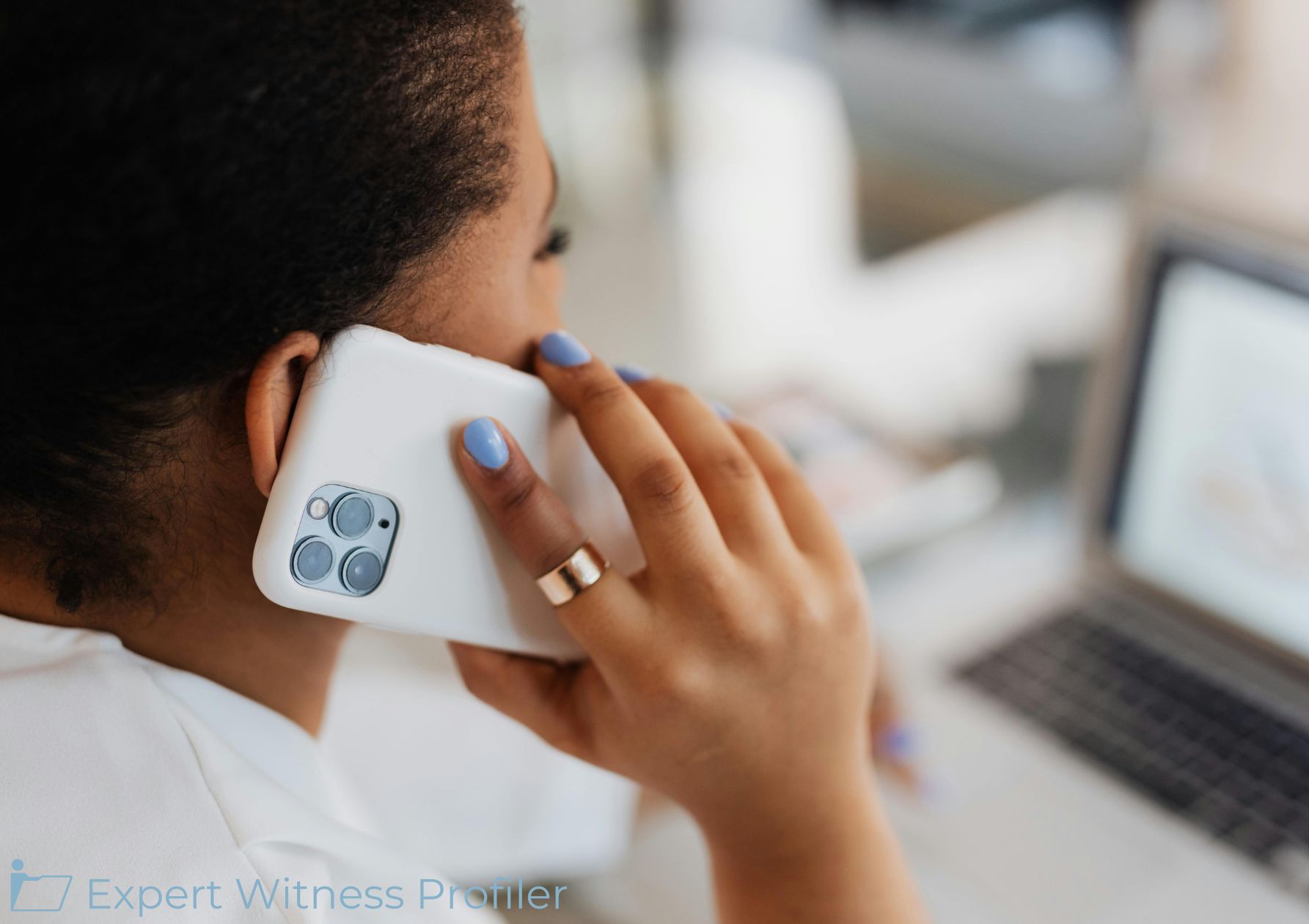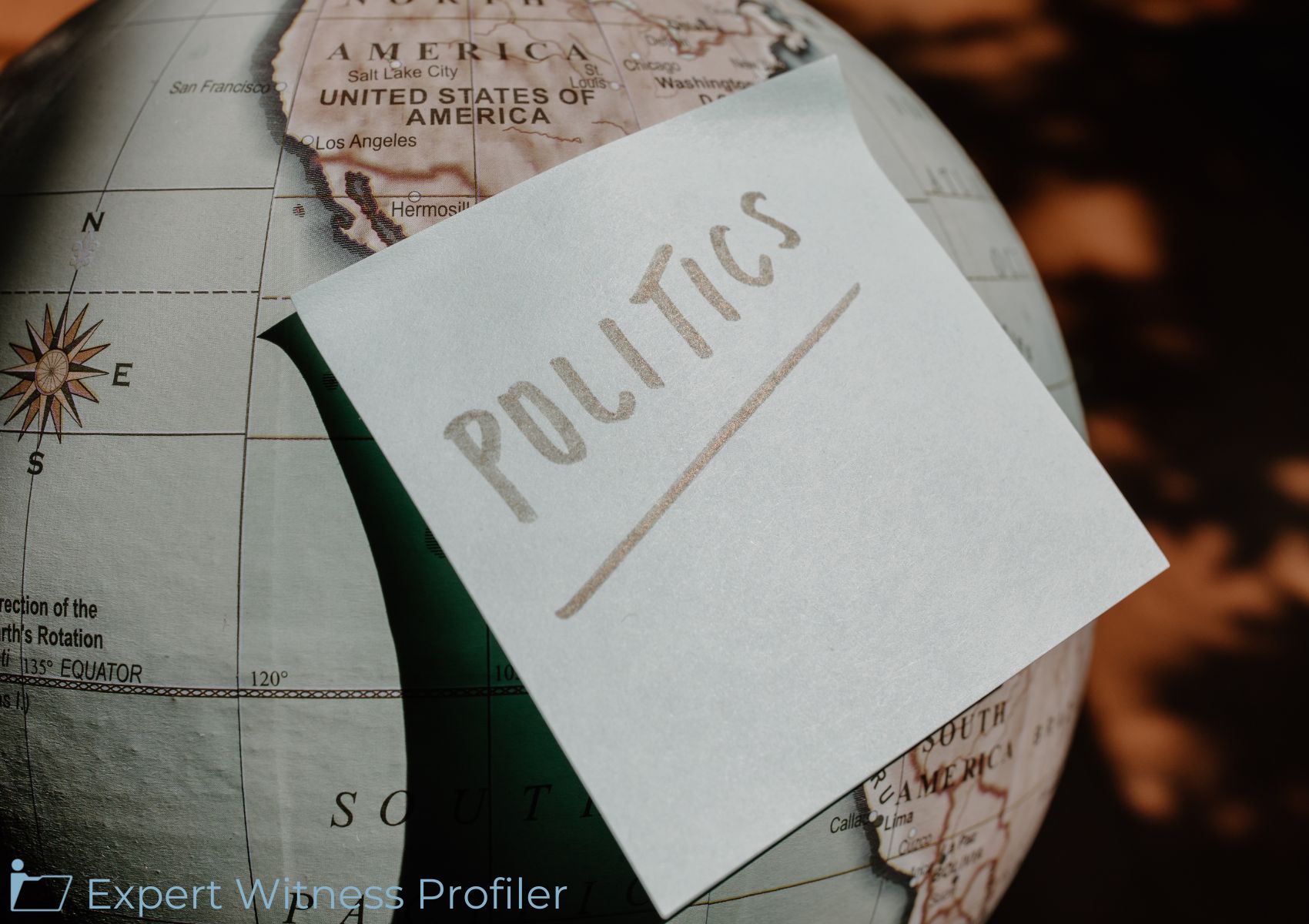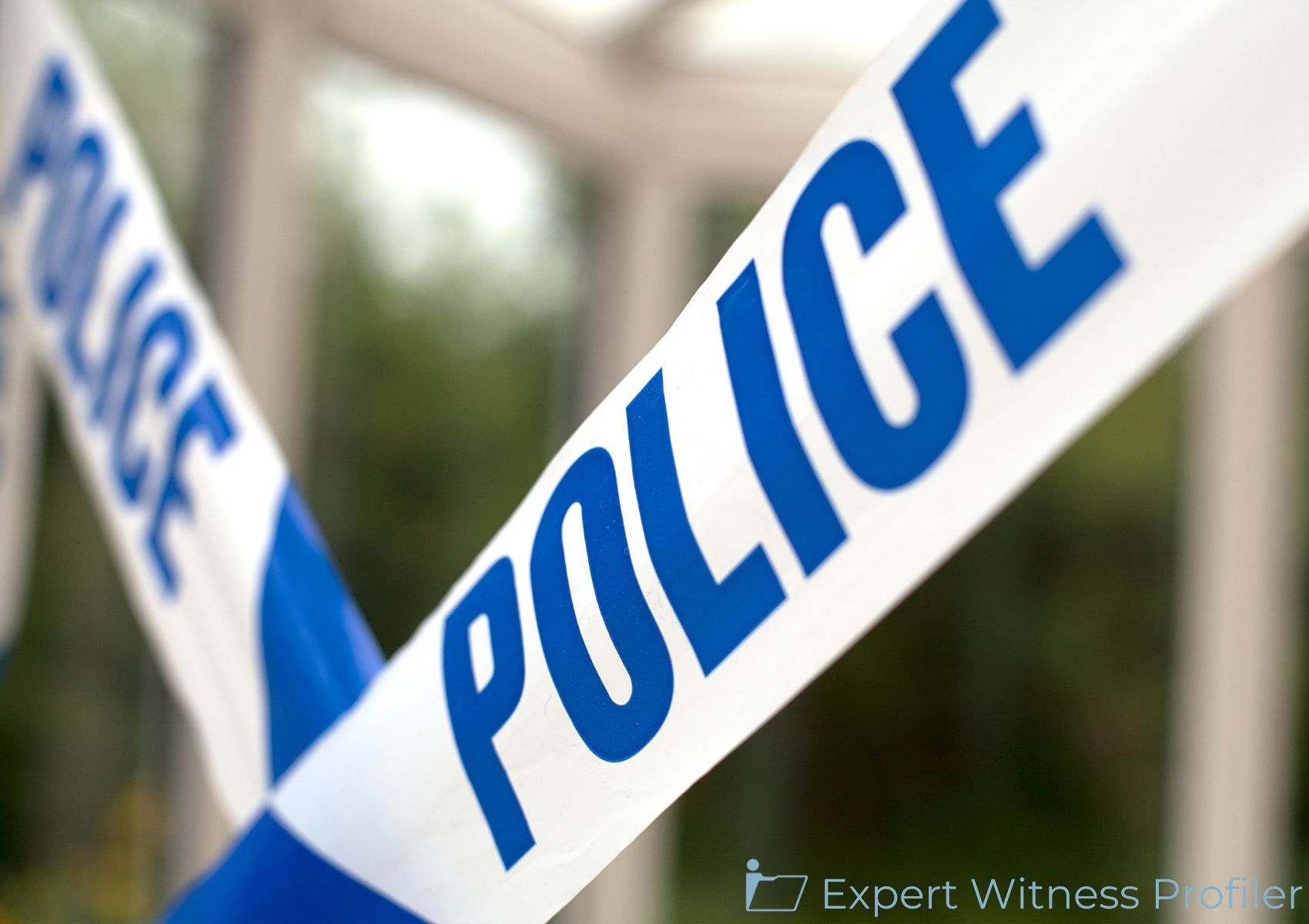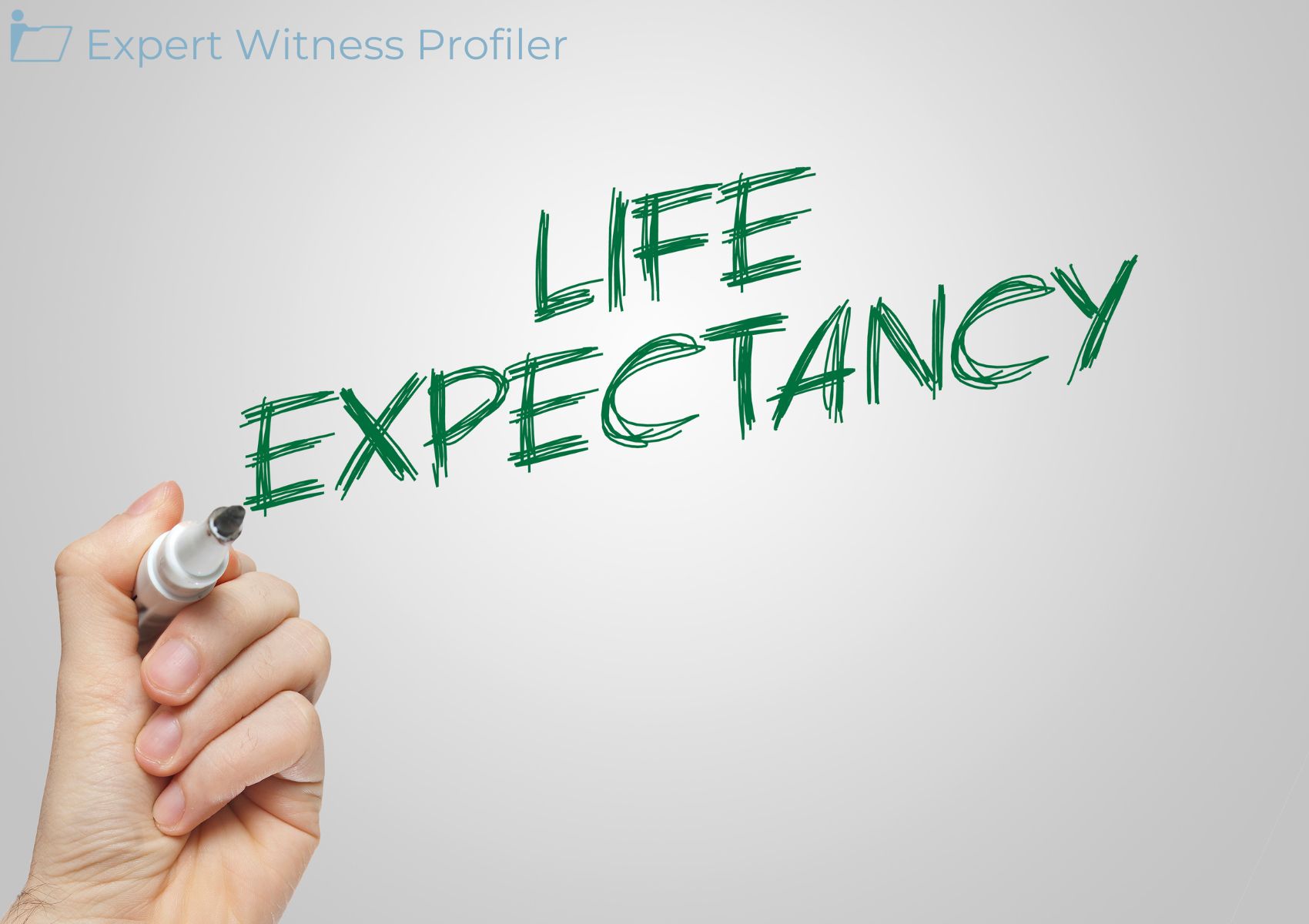
Posted In: Economics Expert Witness, Expert Challenges
Posted On: December 22, 2025

Posted On: December 22, 2025

Posted On: December 19, 2025

Posted On: December 17, 2025

Posted On: December 16, 2025

Posted On: December 15, 2025

Posted On: December 10, 2025

Posted On: December 9, 2025

Posted On: December 8, 2025

Posted On: December 5, 2025

Posted On: December 3, 2025